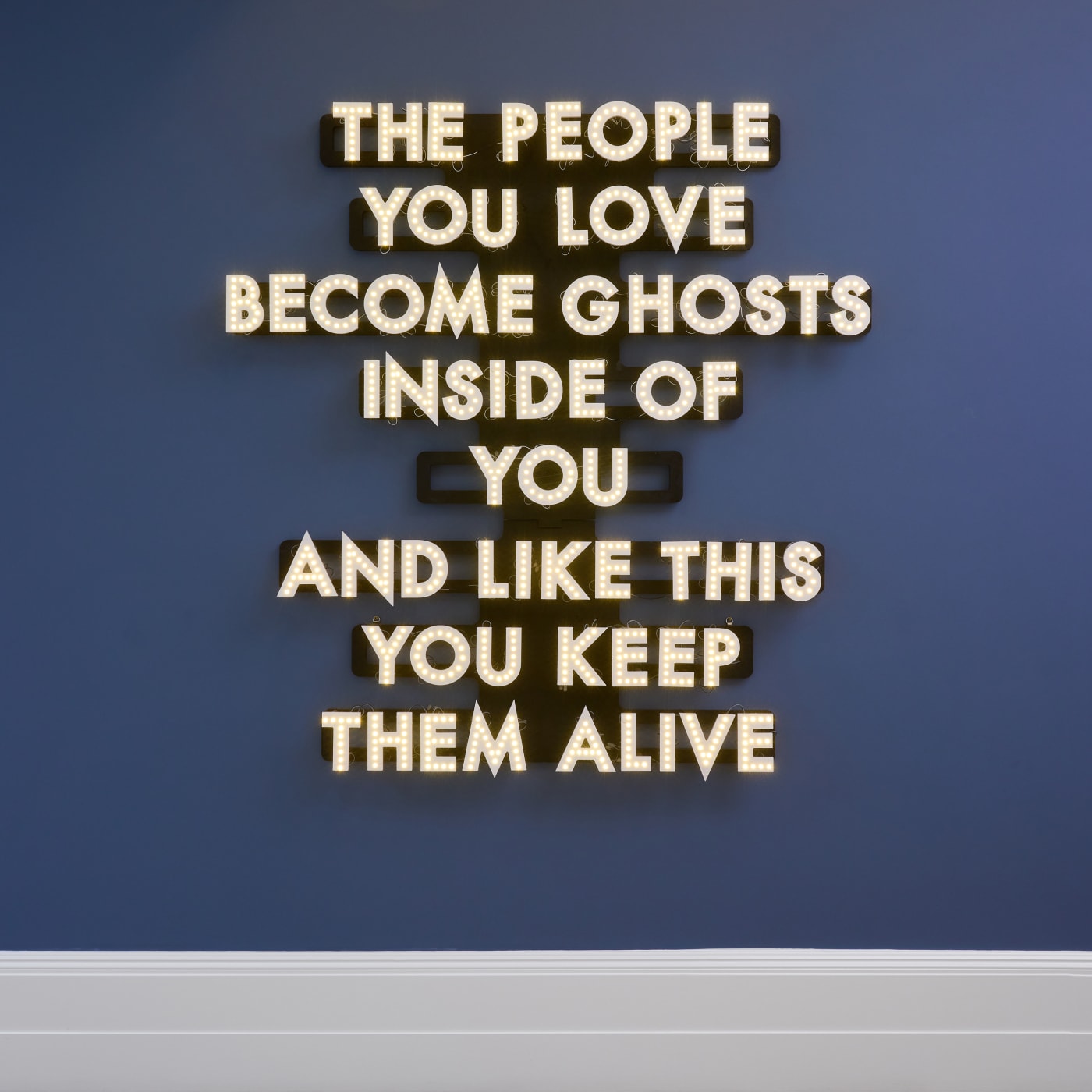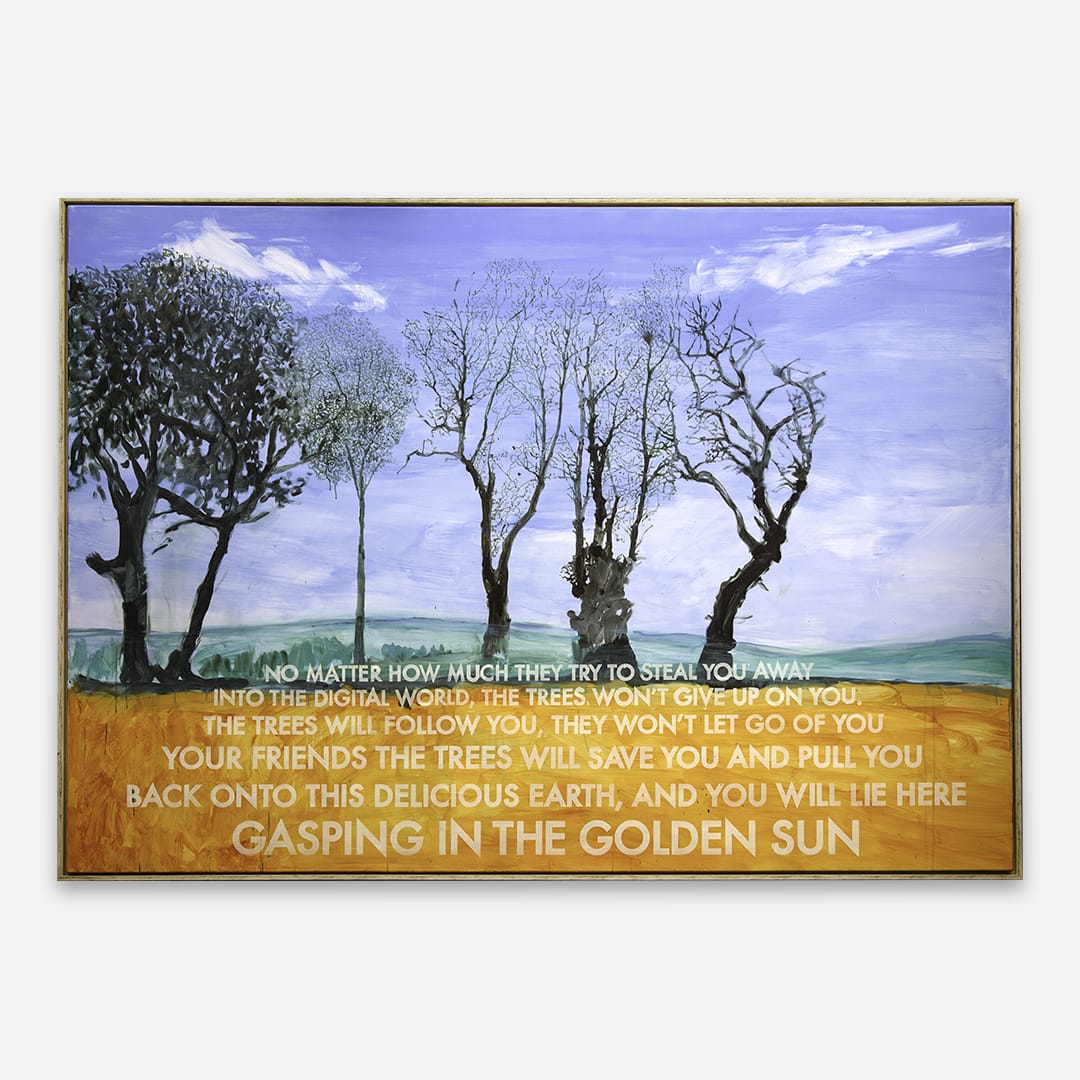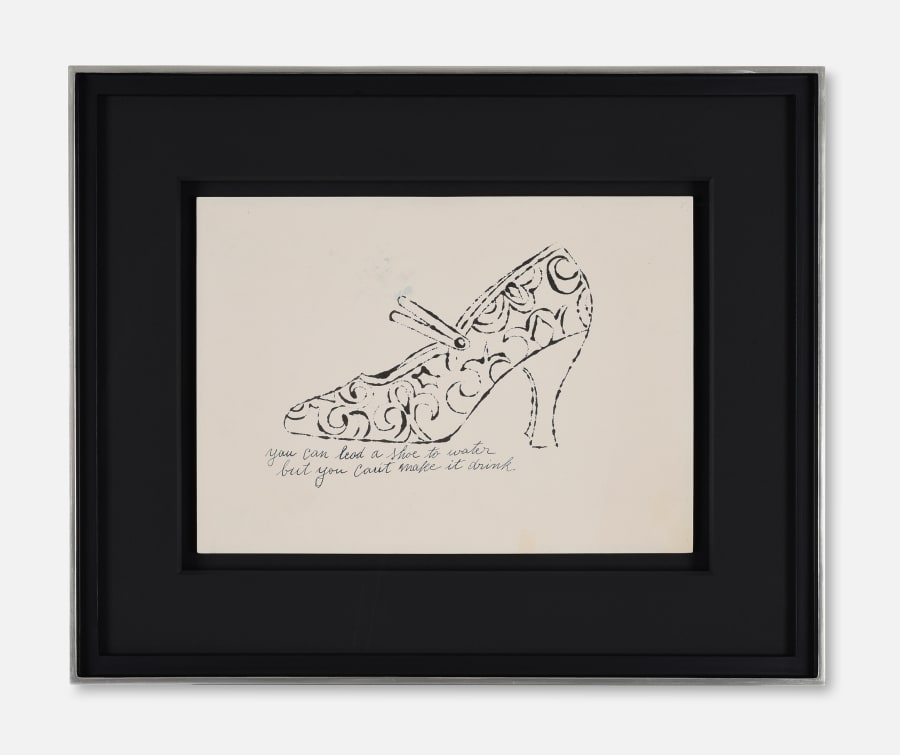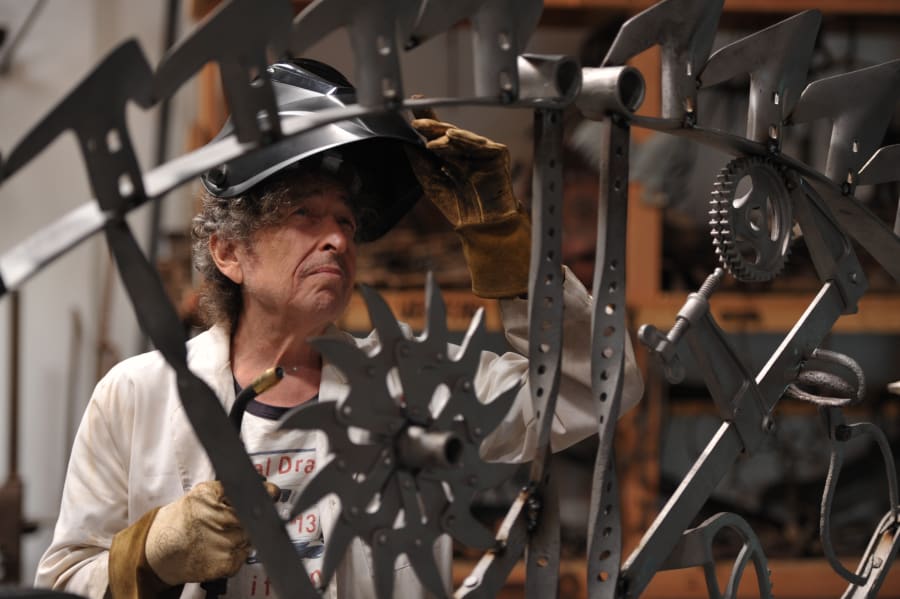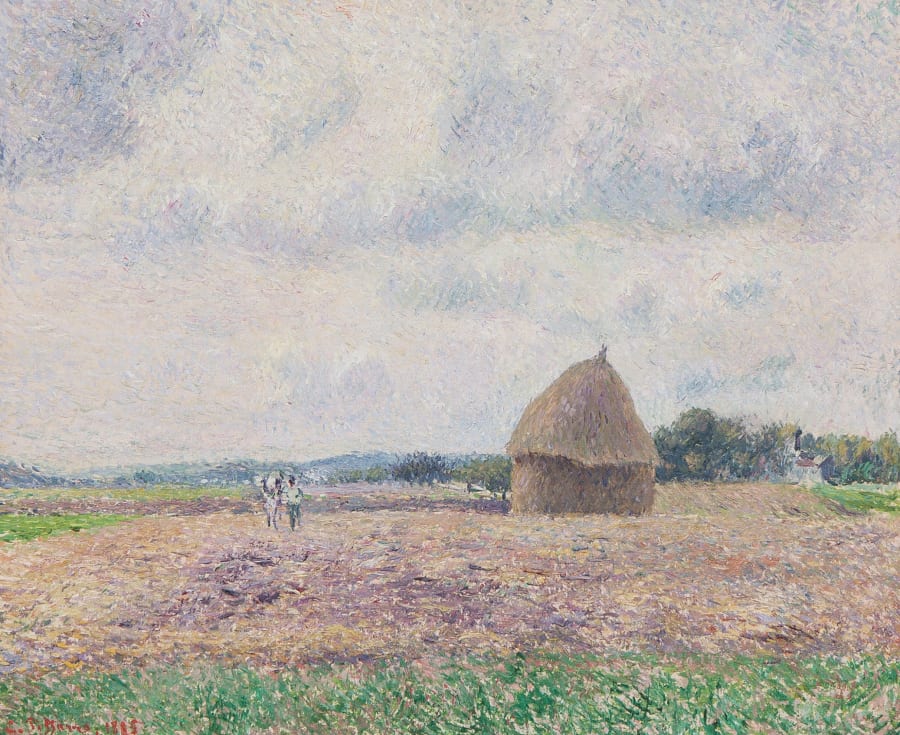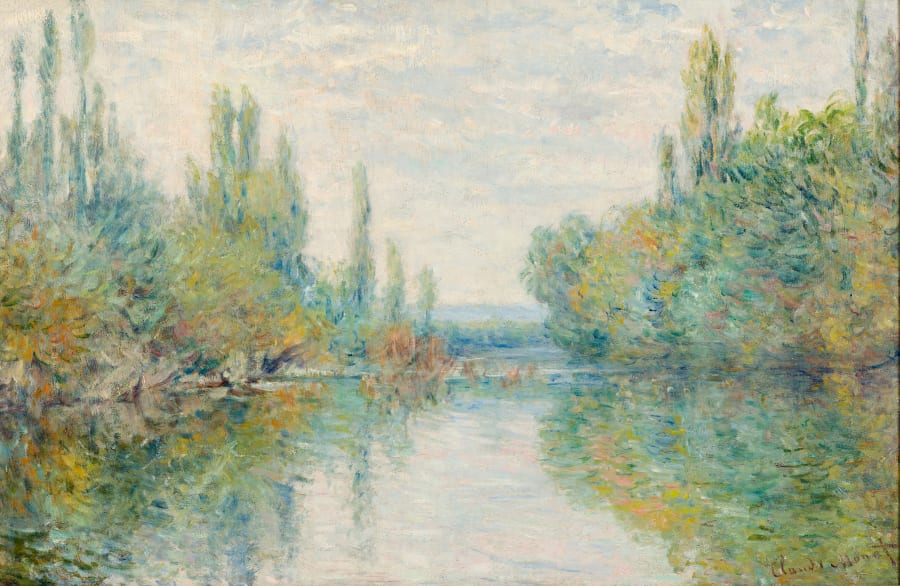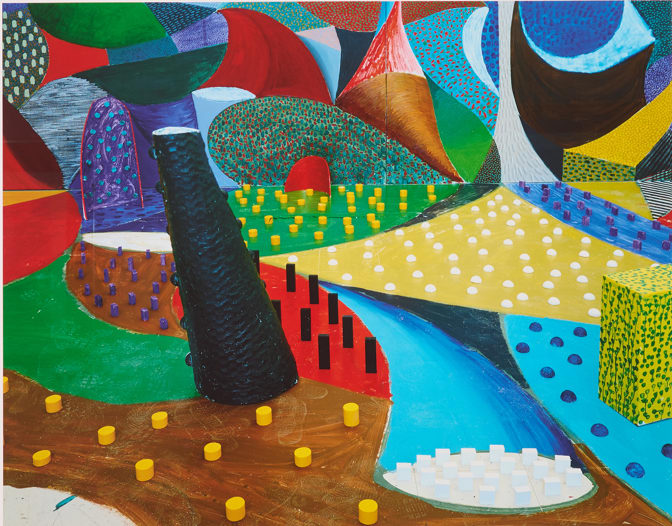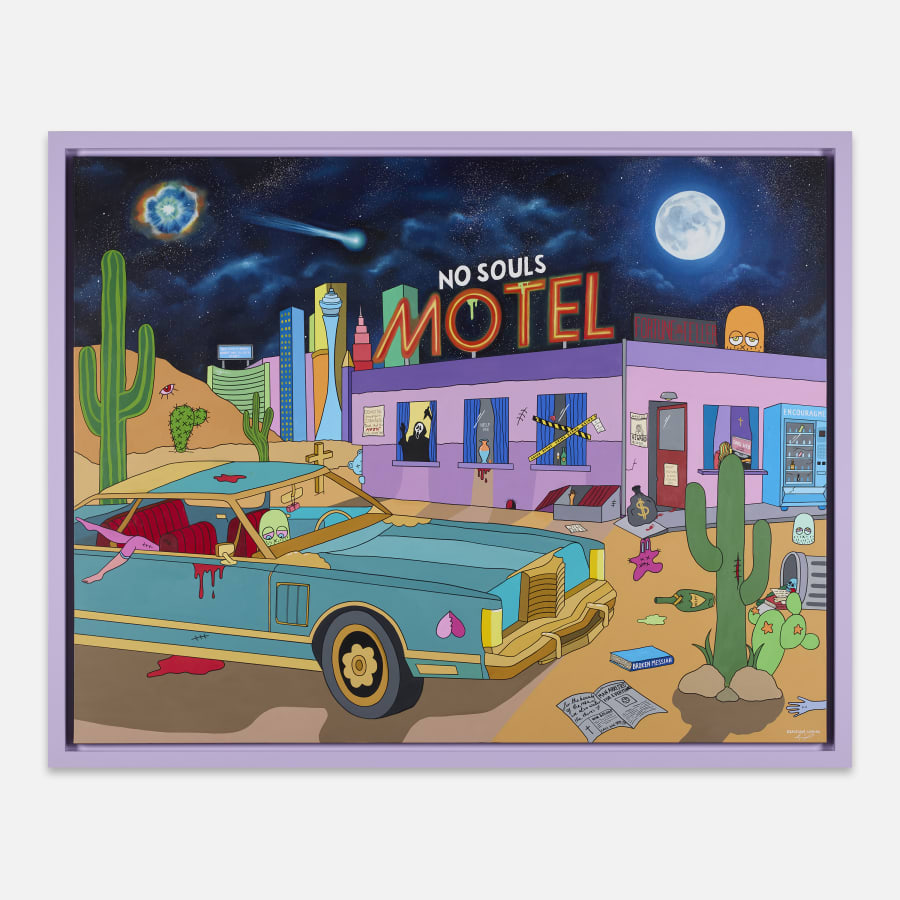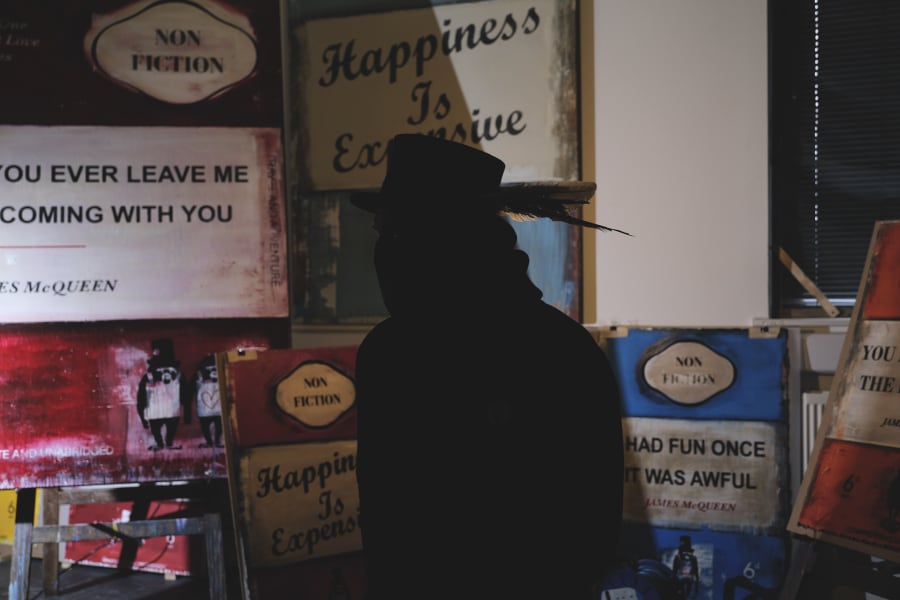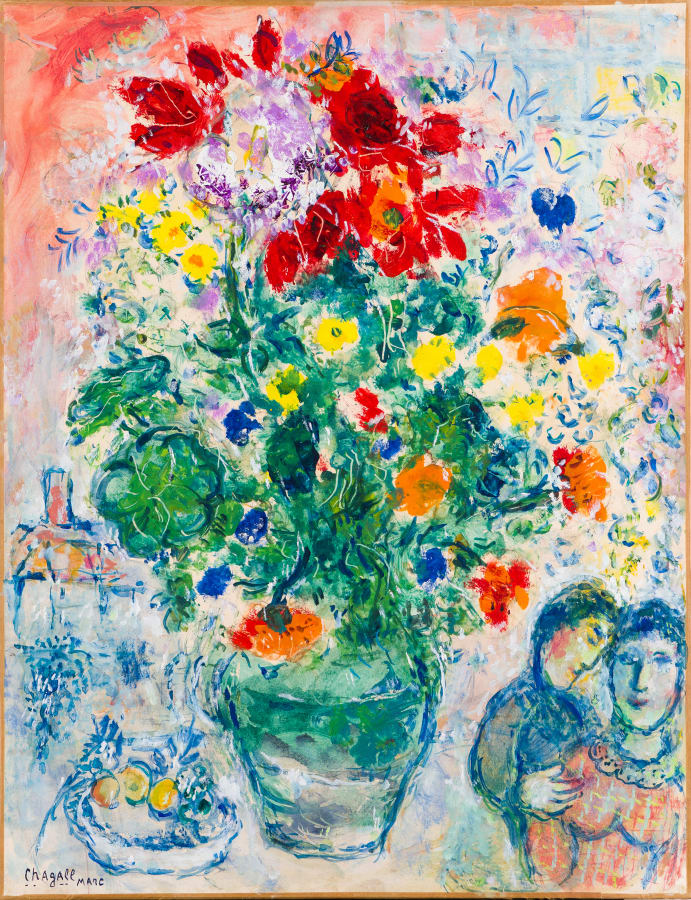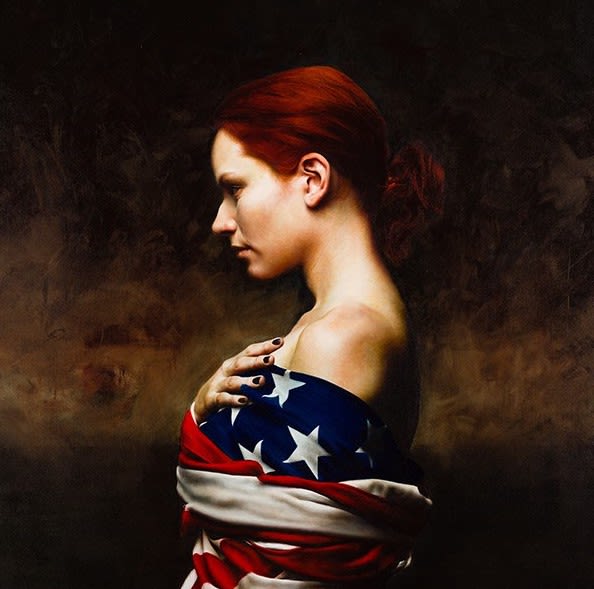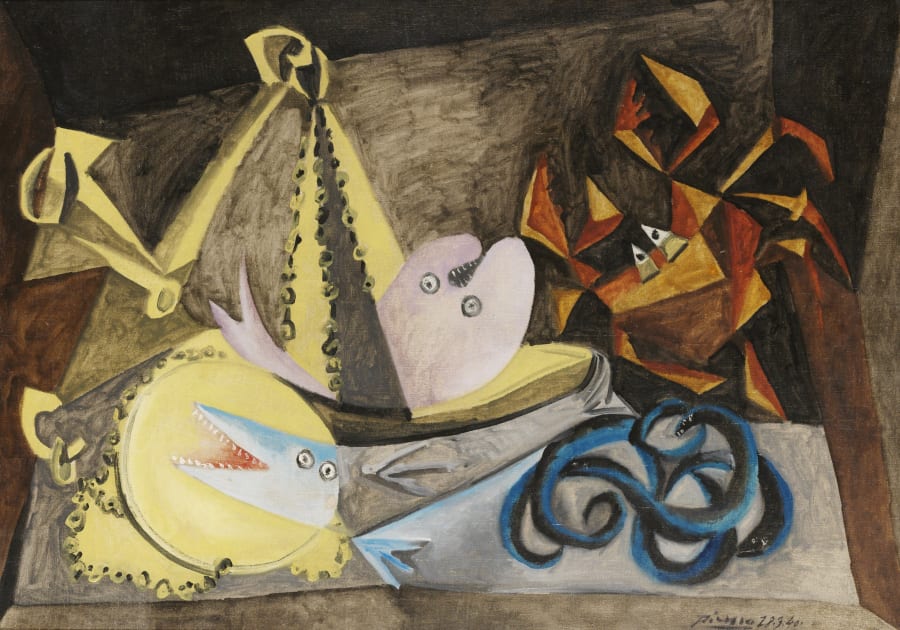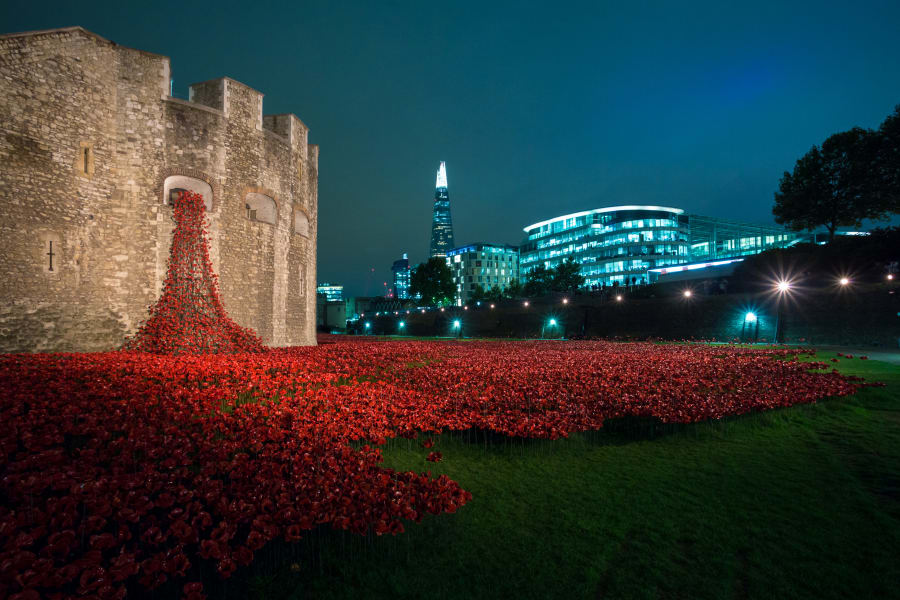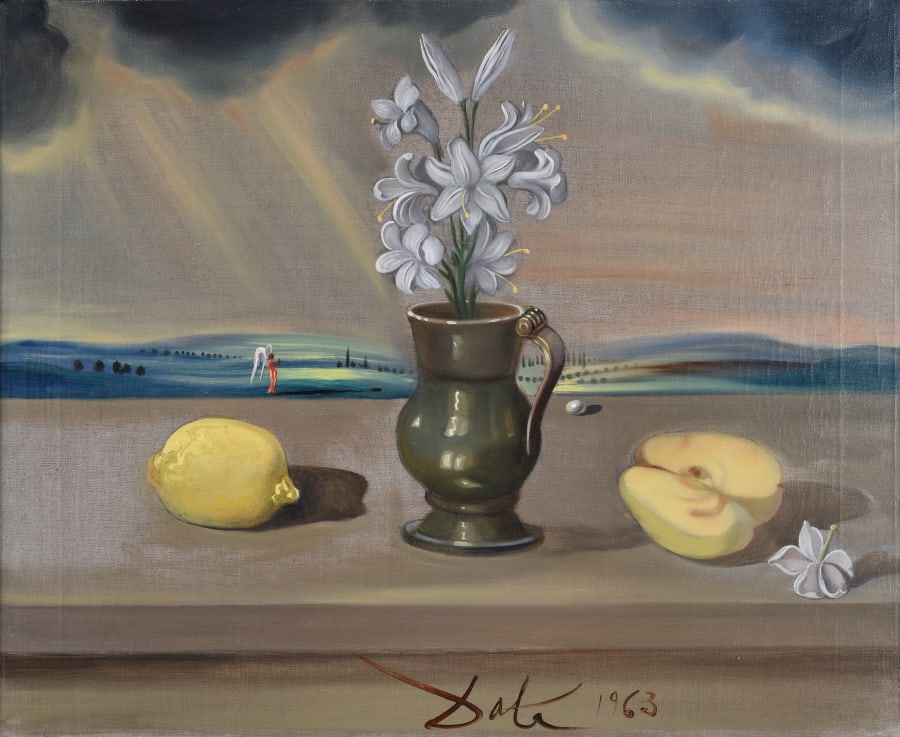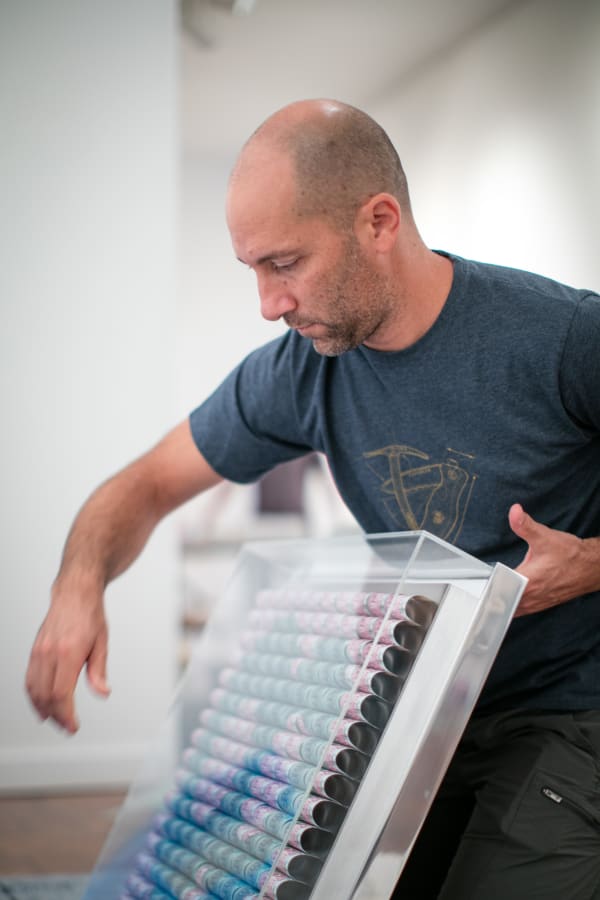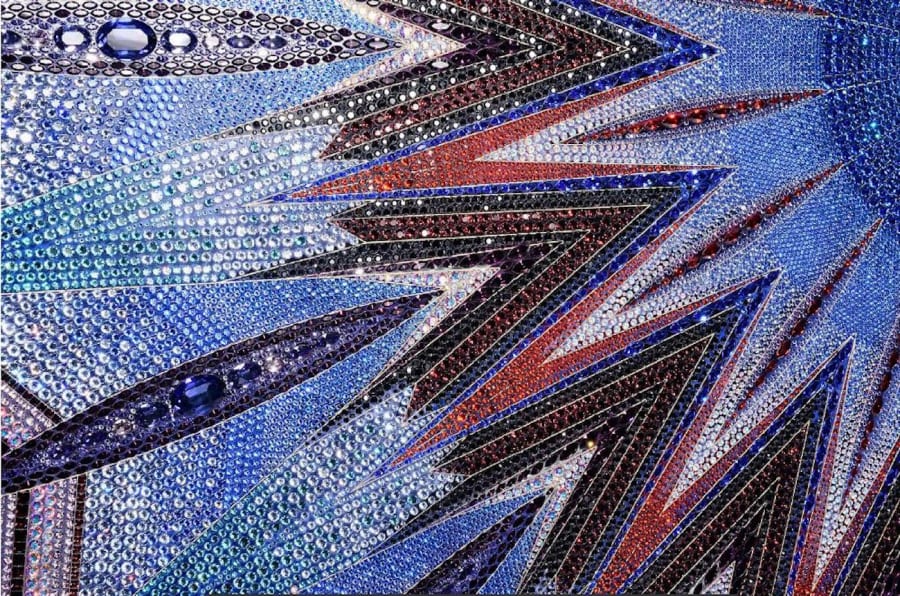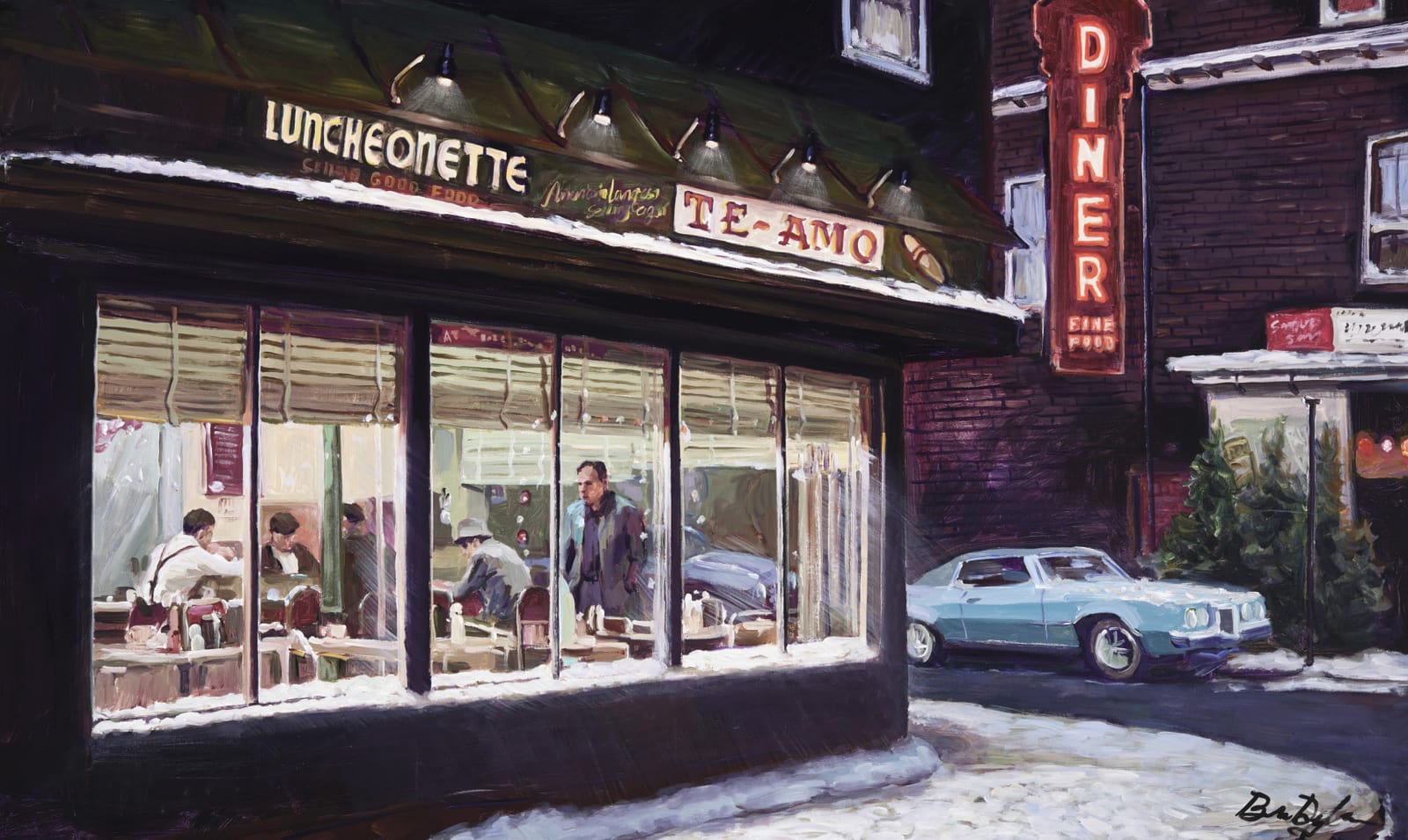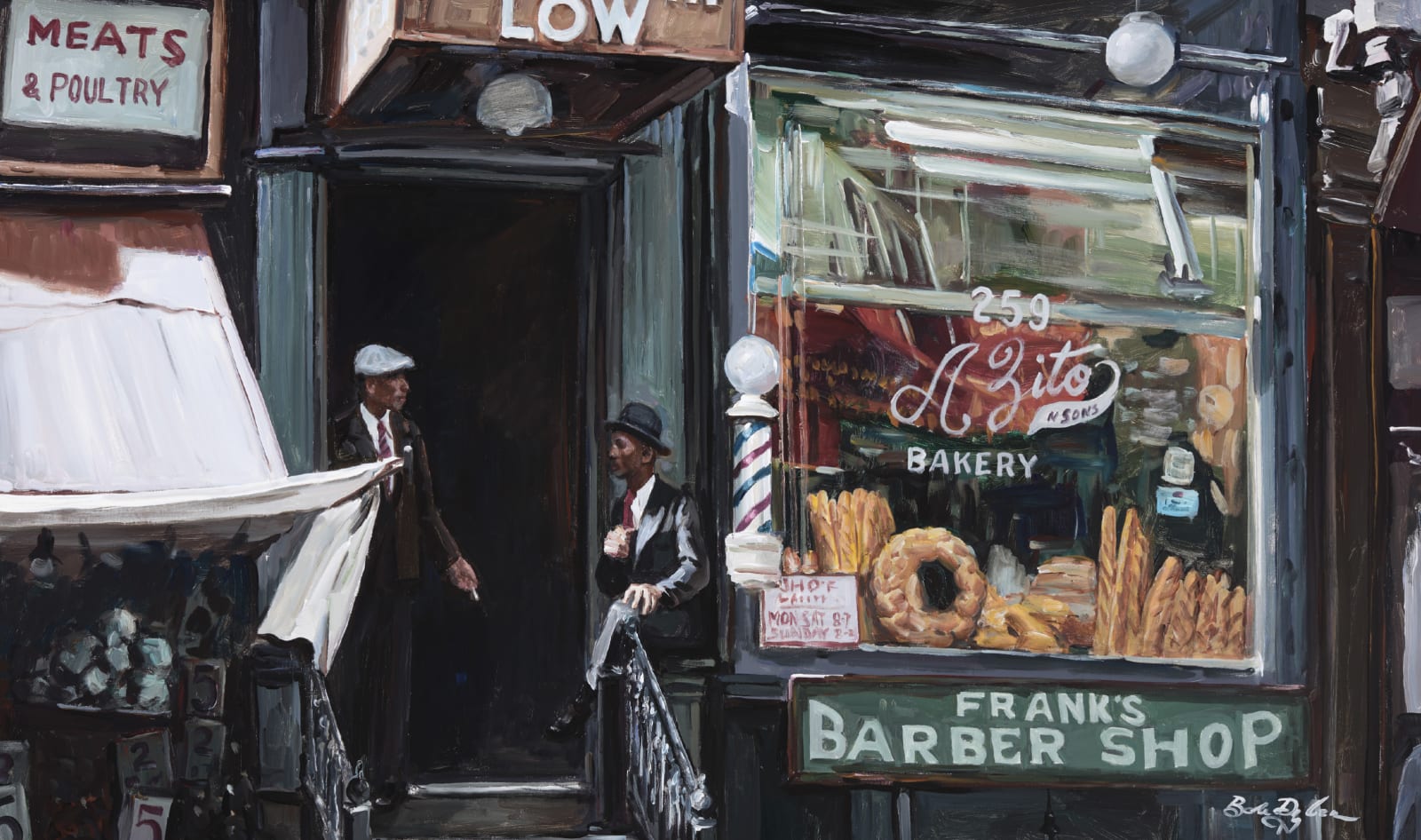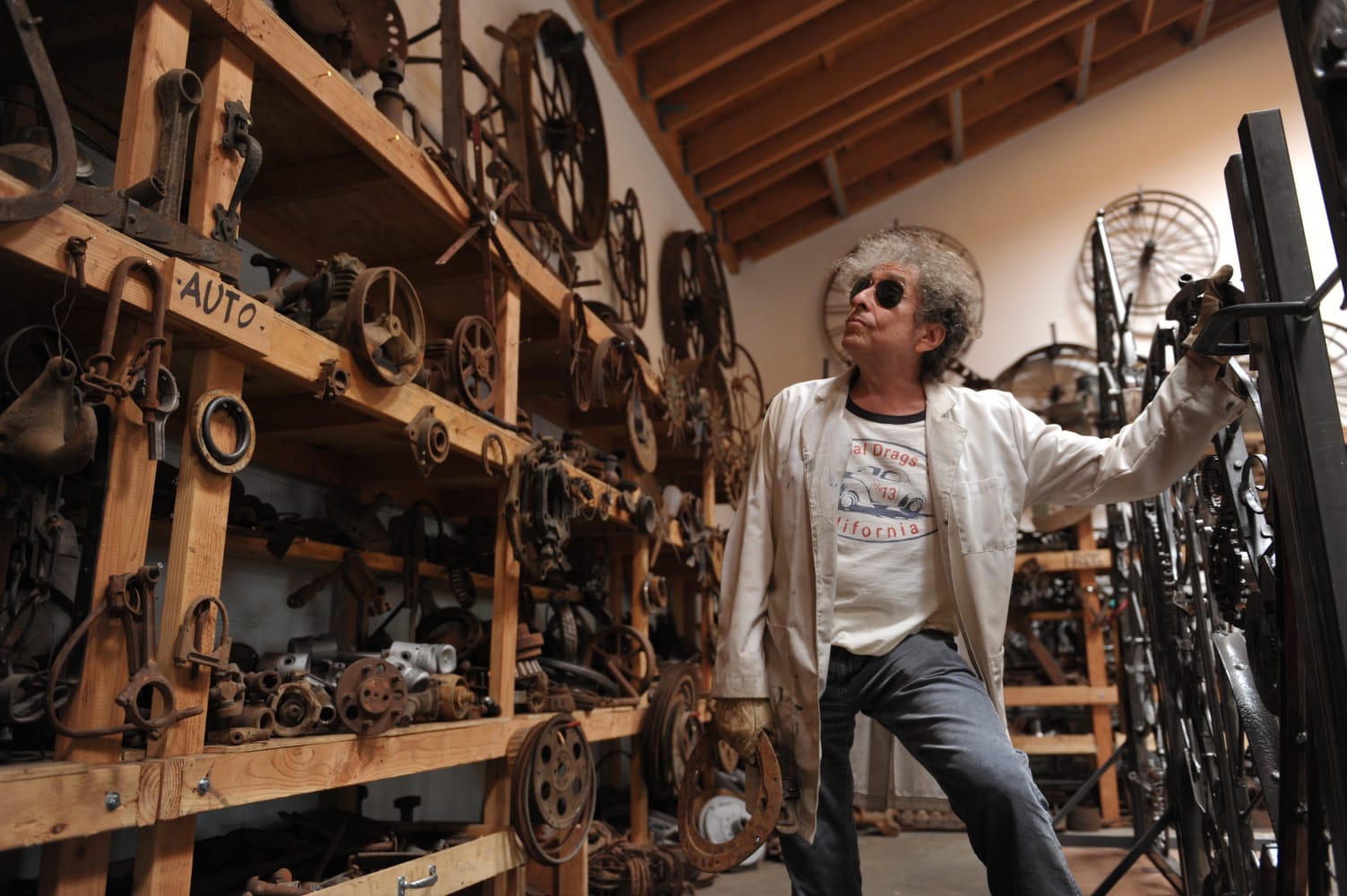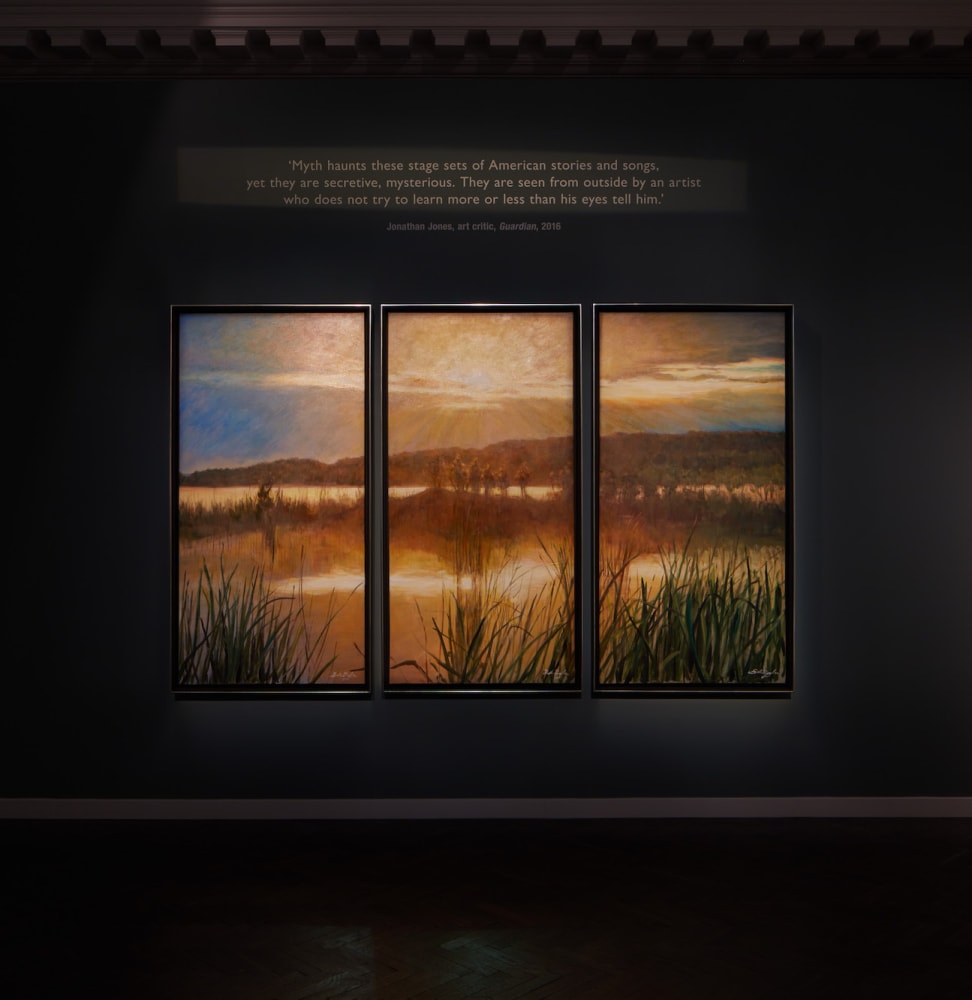

Robert Montgomery
Robert Montgomery
Meet the Artist
/
Robert Montgomery is a renowned Scottish artist and poet, known for his large scale light works installed in public spaces and against twilit landscapes. He finds magic in the mundane: from urban environments to vast, rugged landscapes, his paintings invite introspection and pause. While his artworks and poems are infused with melancholy, they are also hopeful: expressing faith in the power of art and nature to heal us. Discover more about Robert Montgomery below.
If you are interested in adding to your collection, speak to one of our art consultants now - email us at info@halcyongallery.com


